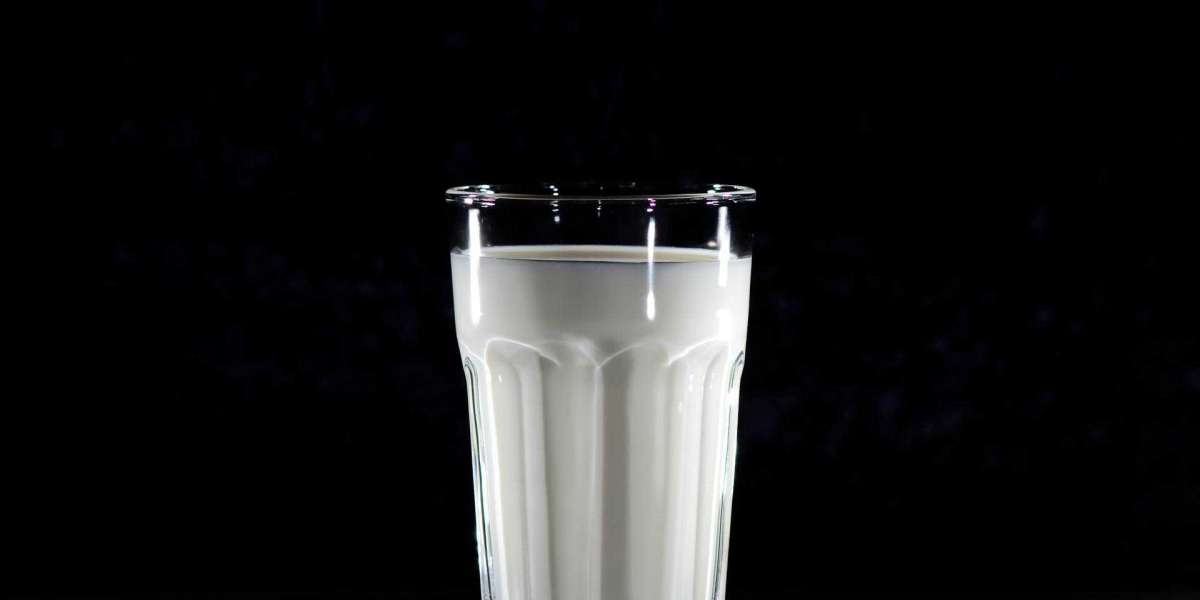Herbal Tea and Dietary Supplements for Weight Loss
The dream of effortlessly losing weight without lifting a finger is a fantasy shared by many. In the 21st century, we’ve achieved remarkable technological advancements, including artificial pancreases, virtual reality devices like the Oculus Rift, and tiny tablets equipped with cameras for medical procedures. However, when it comes to tackling body fat, what can science truly offer?
In this discussion, we will explore weight loss supplements based on extensive research, including a large-scale study that began in April 2016 and was expanded in 2017, along with insights from its meta-analysis.
Efficacy of Popular Supplements
Green Coffee Extract: This supplement shows minimal effectiveness, particularly at dosages of 200 mg per day. Users have reported side effects, including tachycardia and digestive issues, and there is no credible evidence supporting significant weight loss benefits. In fact, standard coffee may prove more effective.
Raspberry Ketones: Research indicates that raspberry ketones are ineffective for weight loss. Additionally, they have been associated with allergic reactions and cardiovascular issues.
Bitter Orange Extracts: The effectiveness of bitter orange is negligible, and it’s generally not recommended for weight loss due to potential side effects like chest pain, anxiety, and increased heart rate. It is commonly referred to as Citrus aurantium.
Forskolin: Current data on forskolin is inconclusive, with most studies pointing to questionable effectiveness. Some research suggests a potential weight loss of 2-3%, but further studies are needed.
Chitosan: This supplement may yield slight weight loss, but this is often attributed to underlying factors such as calorie deficits and stress rather than its effectiveness. Its use should be approached with caution as the weight loss is minimal and could be due to statistical errors.
Garcinia Cambogia: This supplement is considered ineffective and potentially harmful over the long term. It can damage the liver, hinder fat breakdown, and contribute to the accumulation of visceral fat in women.
All of these studies have been conducted under varying conditions, examining factors such as calorie intake, physical activity levels, and maintenance regimes. However, none of the research focused on specific medical conditions like diabetes. For more information, interested parties can directly contact the researchers involved in these studies, as they are open to communication.
The Herbal Tea Dilemma
Herbal teas, often marketed as weight loss solutions, warrant separate discussion. Typically, these teas may include ingredients like chromium picolinate to curb appetite, caffeine for a slight energy boost, and a mix of diuretic components that lead to temporary water weight loss. This can give a misleading impression of weight loss, as users may think they are shedding fat while simply losing fluids. Common side effects of these herbal teas include bloating, stomach discomfort, and gastrointestinal disturbances.
The Illusion of the "Magic Pill"
This overview represents just a fraction of the dietary supplements for weight loss that have been analyzed. While we won’t delve deeper into this topic today, upcoming research over the next few months promises to provide even more comprehensive insights. However, the current evidence suggests that these supplements do not promote fat loss but instead lighten your wallet.
It’s important to recognize that scientific efforts are not solely focused on questioning existing supplements; researchers are also working on developing new solutions. Studies on hormones like leptin and insulin resistance may yield results, but these breakthroughs are likely many decades away.
A Glimpse into Weight Loss Medications
Some effective weight loss medications exist, often utilized by professional athletes for rapid weight reduction in preparation for competitions. These drugs can be dangerous and should only be used under strict medical supervision. Their purpose is often short-term weight loss, rather than promoting lasting change.
Our goal is to maintain good health without taking unnecessary risks. Many of these drugs are banned in various countries due to their narcotic-like structures, which can be deadly if misused.
The Reality of Weight Loss
Even if herbal teas and weight loss supplements were effective, they would still fail to help most individuals achieve sustainable weight loss. The reason for this lies in the multi-faceted nature of losing weight. At its core, weight loss involves modifying eating habits and managing the balance between calories consumed and expended. Without adhering to basic weight loss principles, individuals will struggle to see results. Even if a supplement does lead to some weight loss, discontinuing its use typically results in regaining the lost weight, along with increasing health risks with each cycle.
Thus, the very concept of relying on weight loss supplements becomes irrelevant if one does not have the skills to manage their diet and eating patterns. If you do have those skills, taking dietary supplements may not even be necessary.
Conclusion
Do you need supplements or drugs to lose weight? The answer is no; they generally won’t assist the average person in achieving their weight loss goals. Instead, focus on the fundamentals: with the right approach, you can lose weight effectively without jeopardizing your health.
Save those banned substances for professional athletes who have specific needs. Instead, concentrate on mindful eating, calorie counting, and maintaining a balanced diet. There are no miracle pills available today, and the potential consequences of their use far outweigh any temporary benefits. Remember, the second-rate dietary supplements mentioned above are often scams riding the wave of the healthy lifestyle trend.








